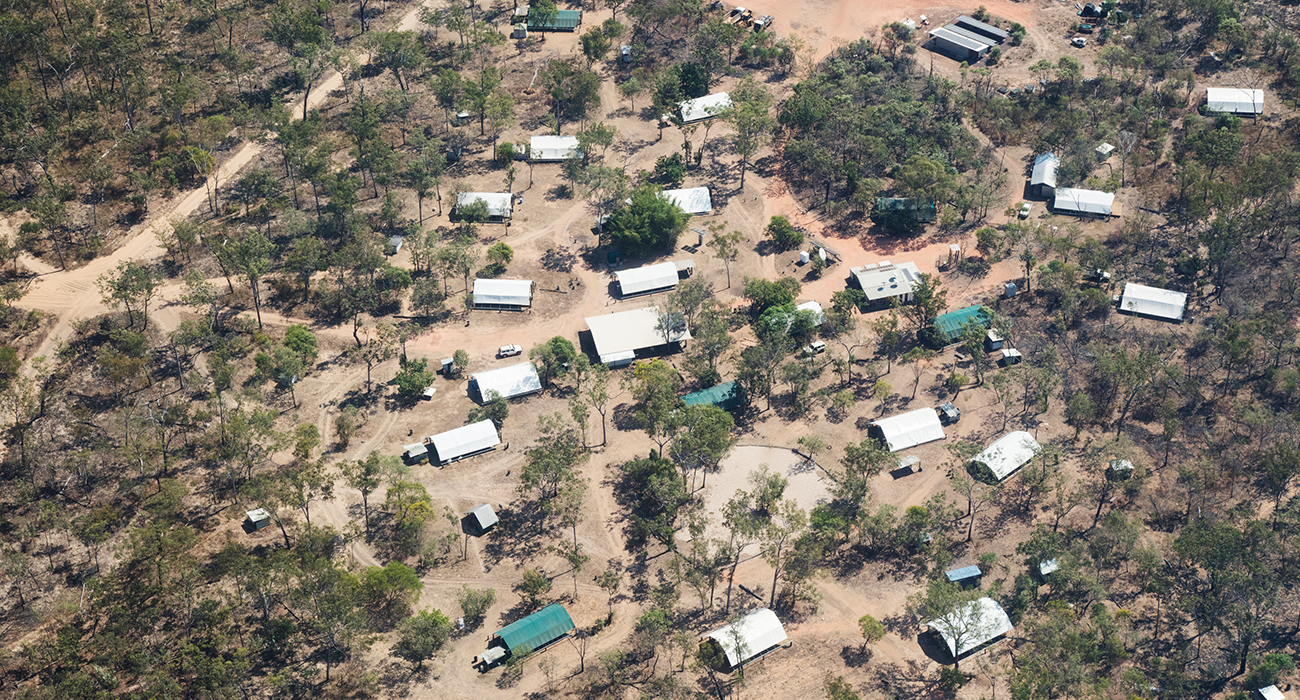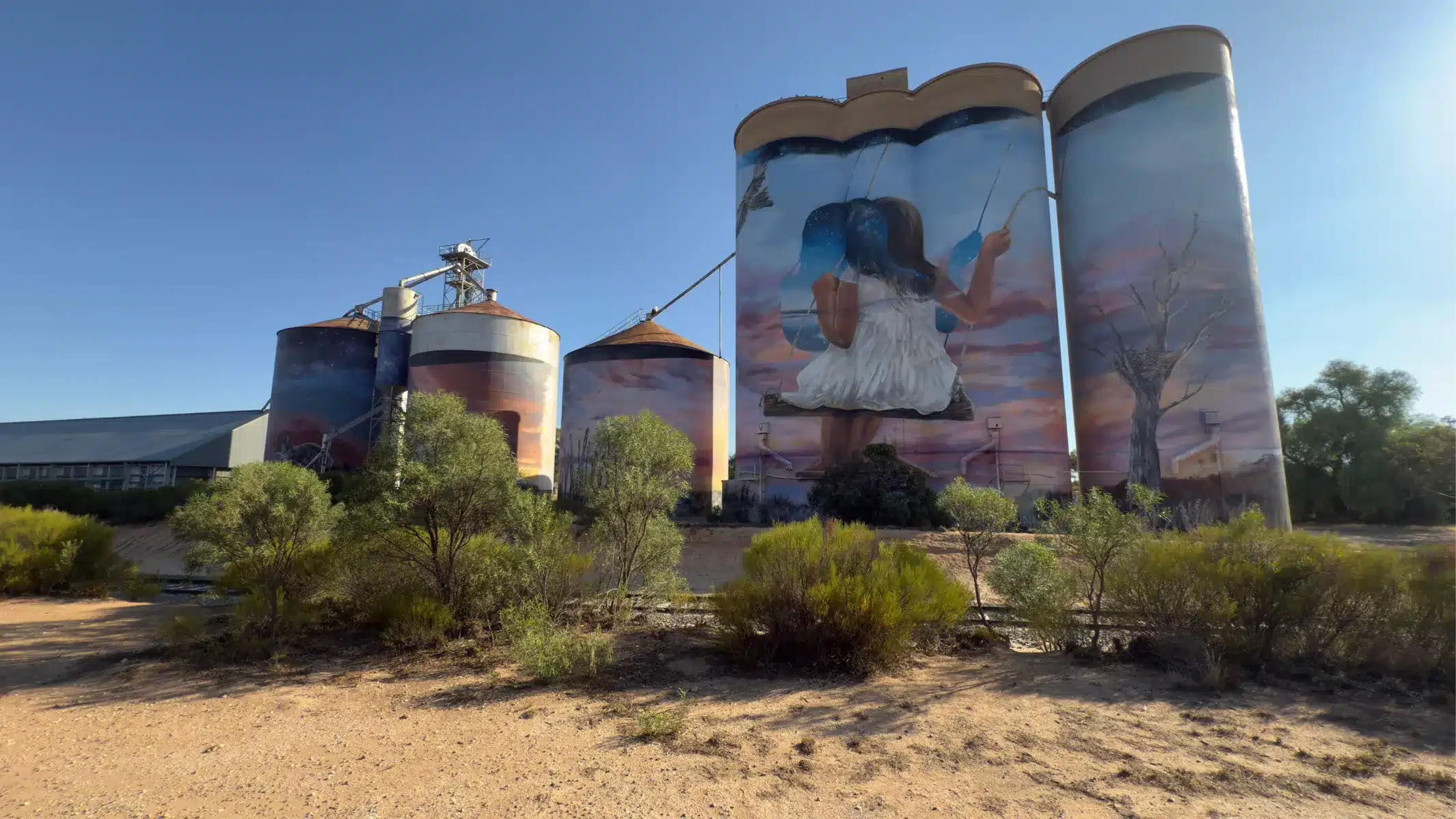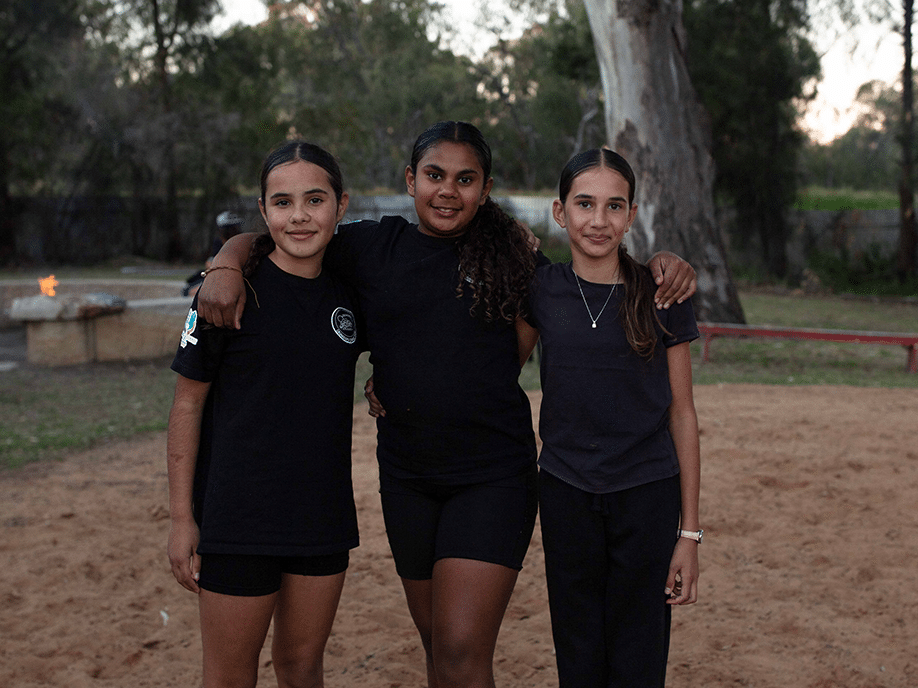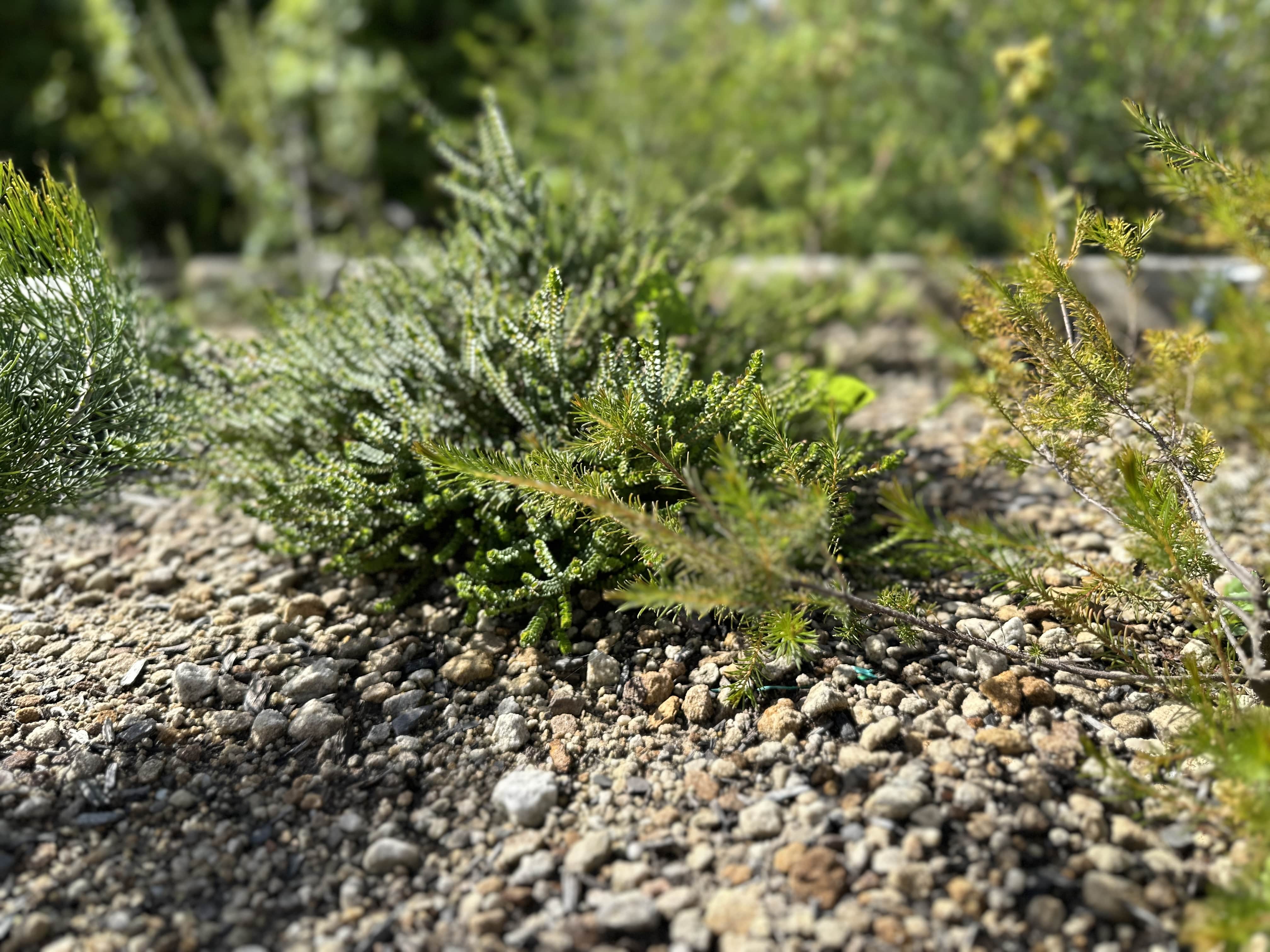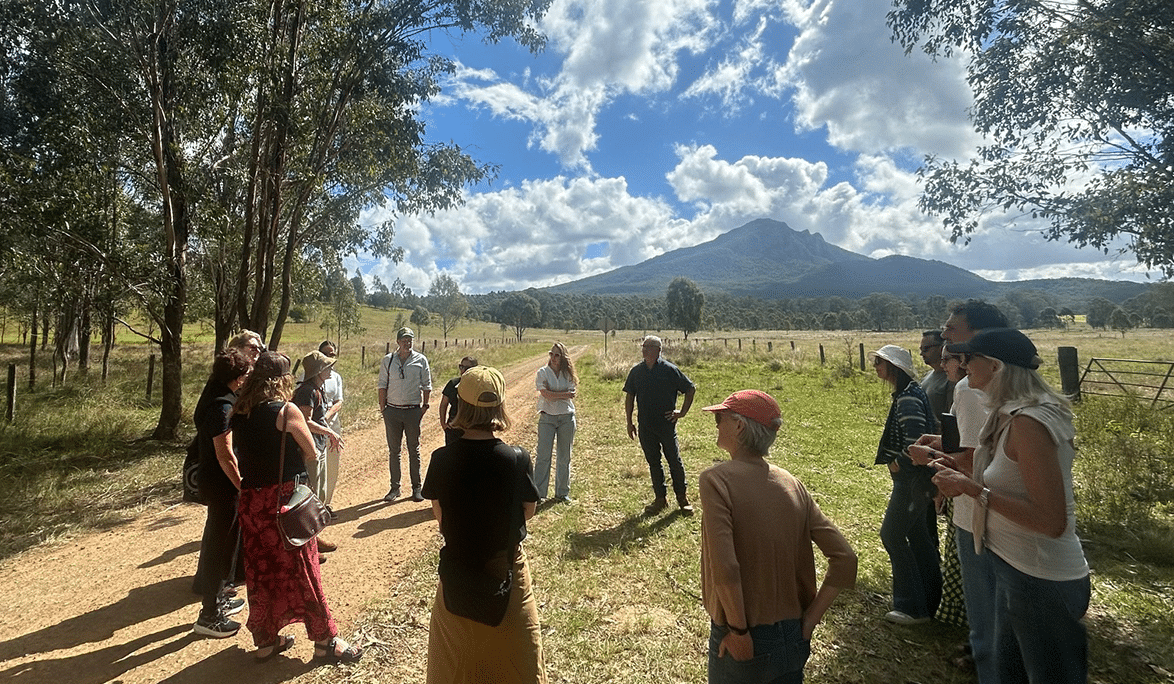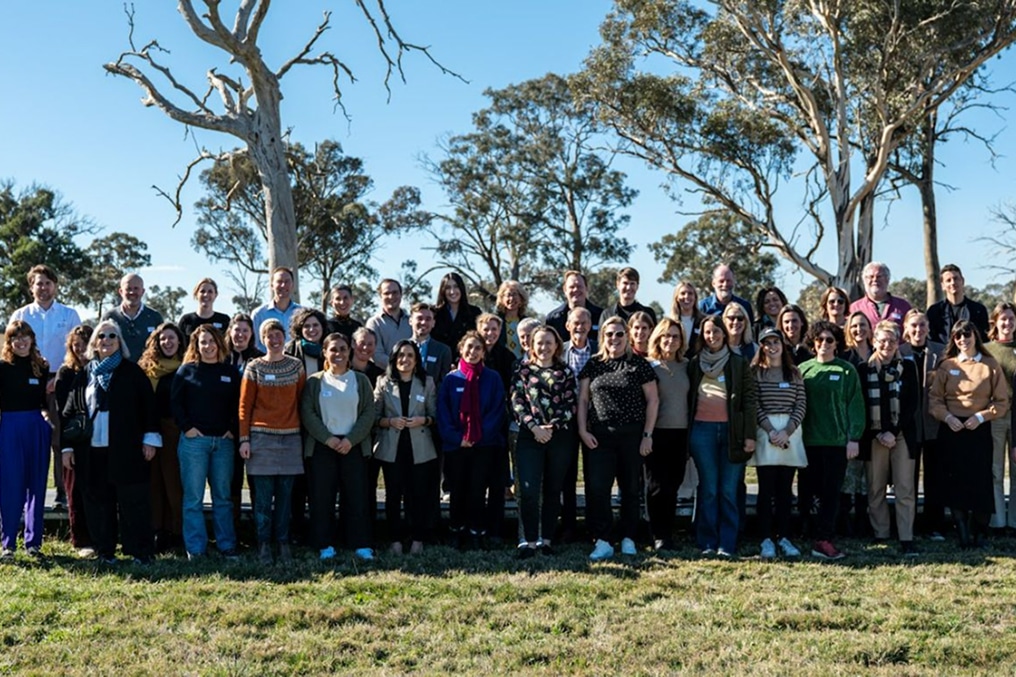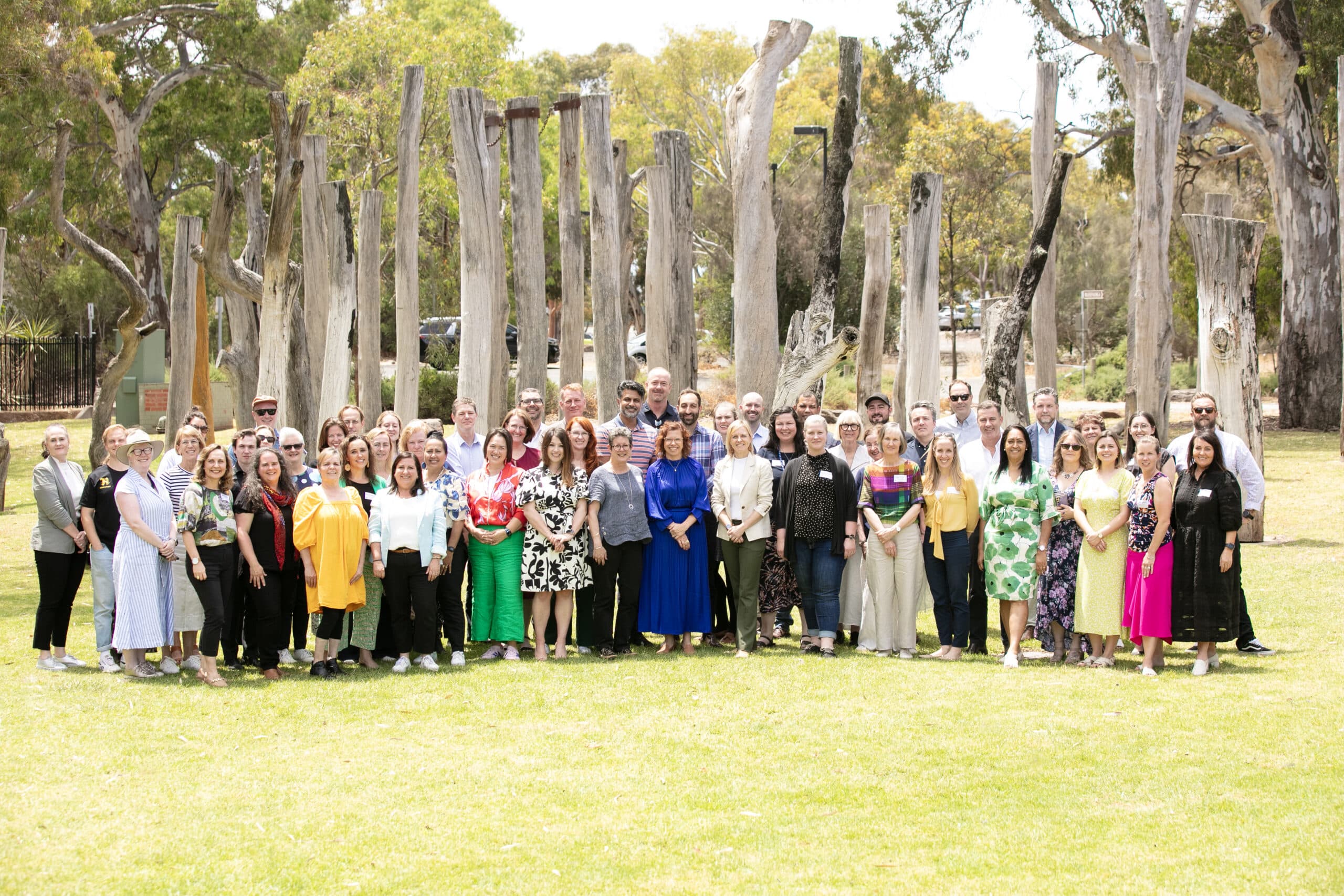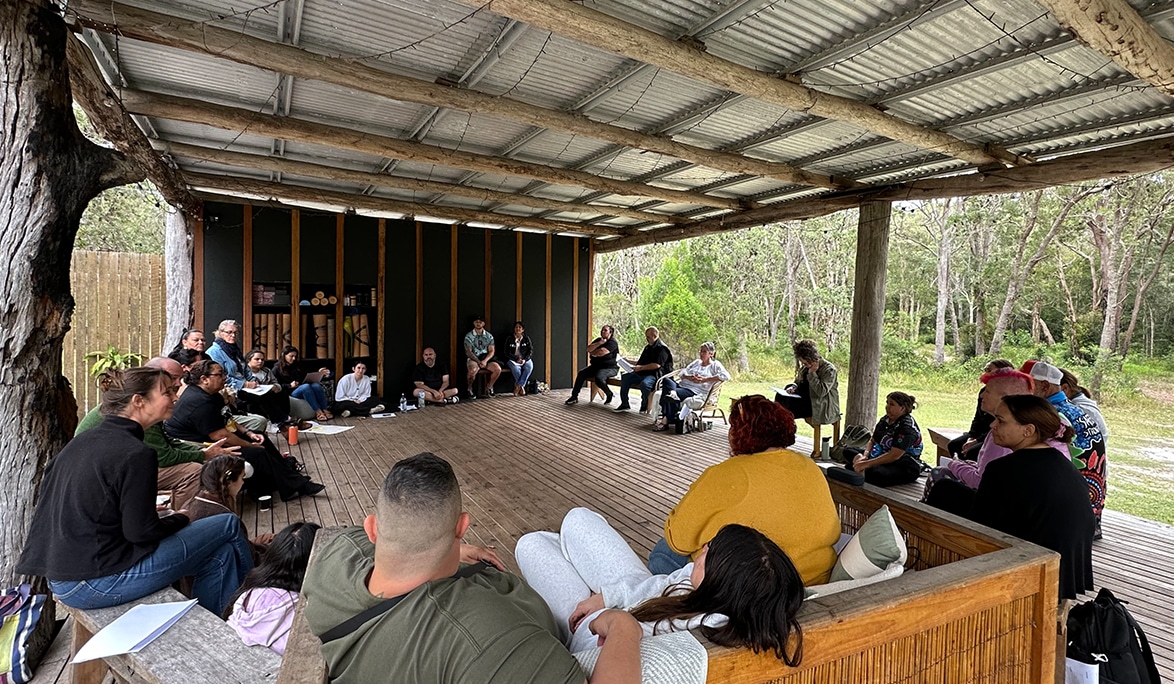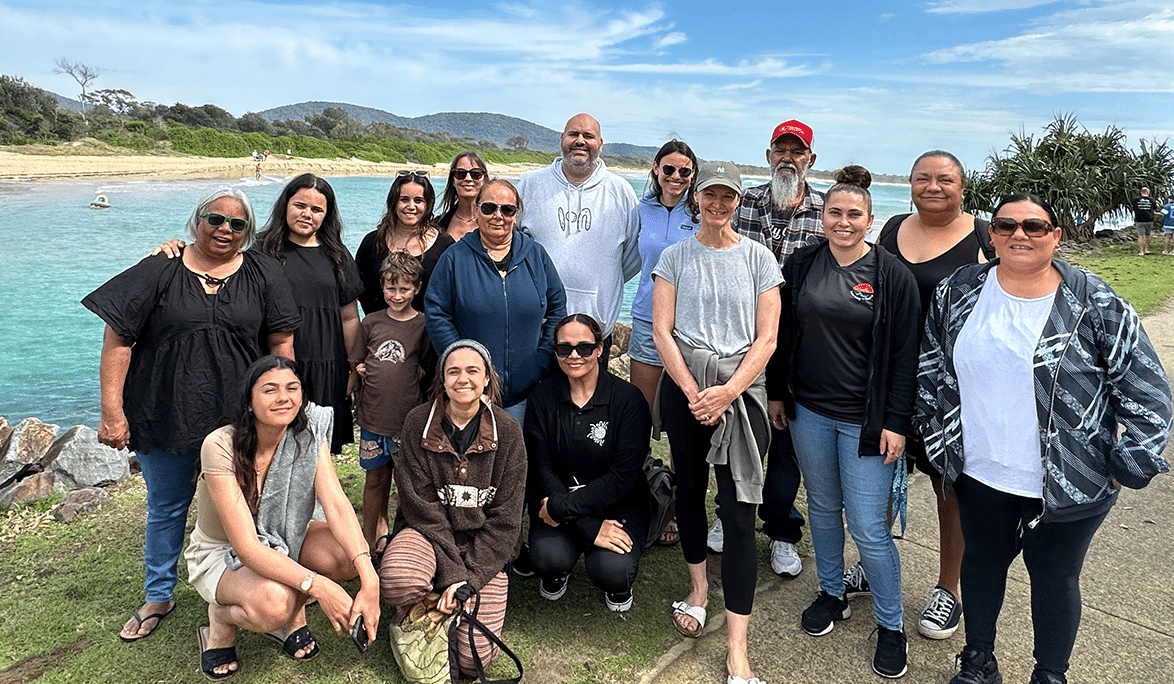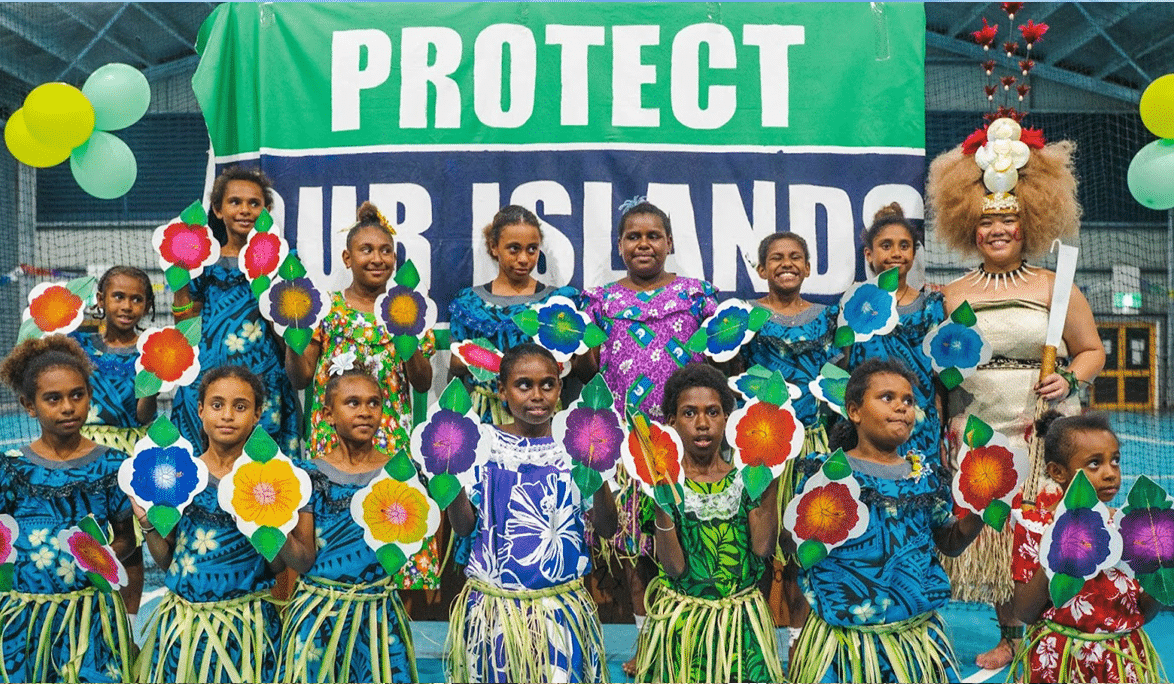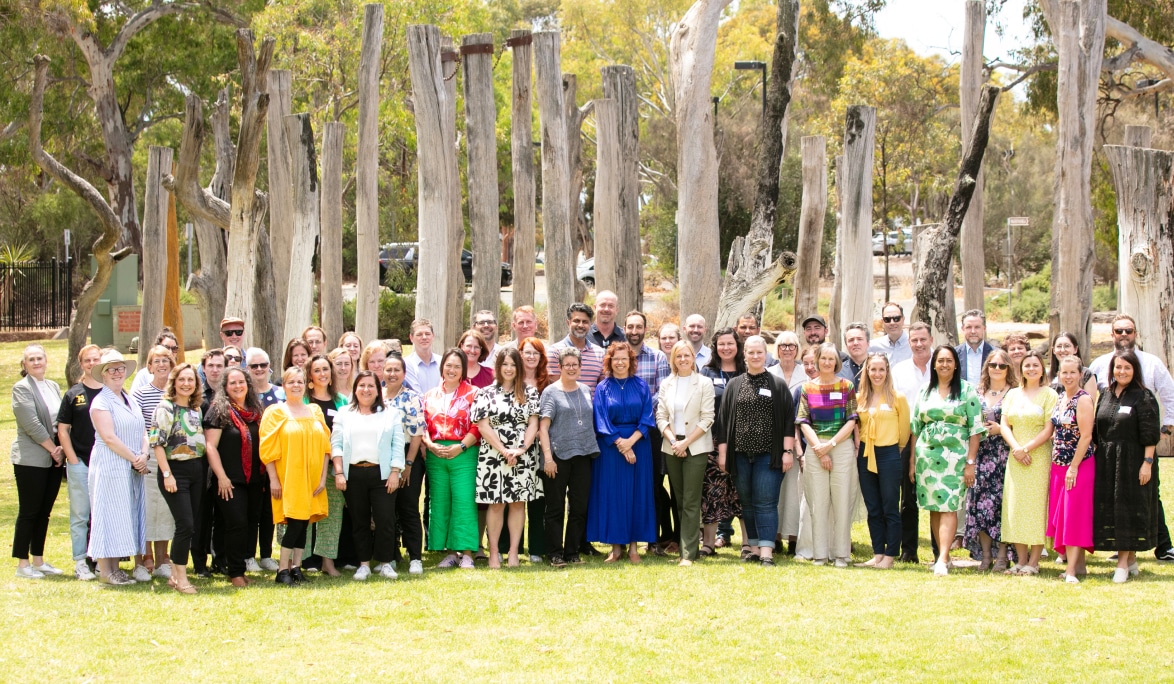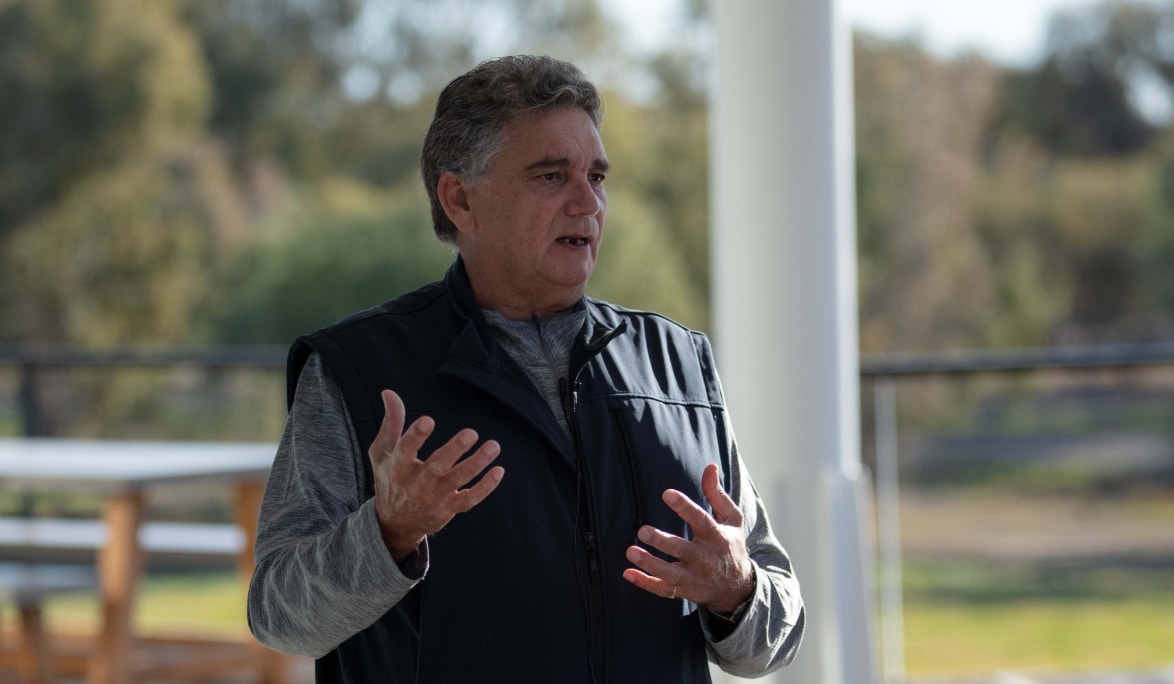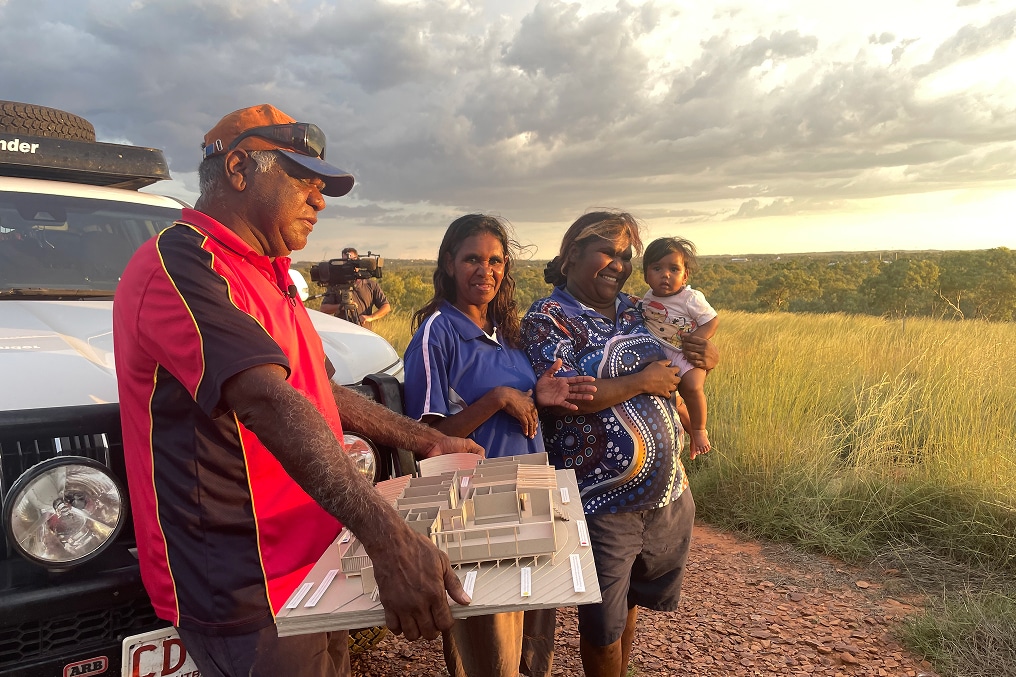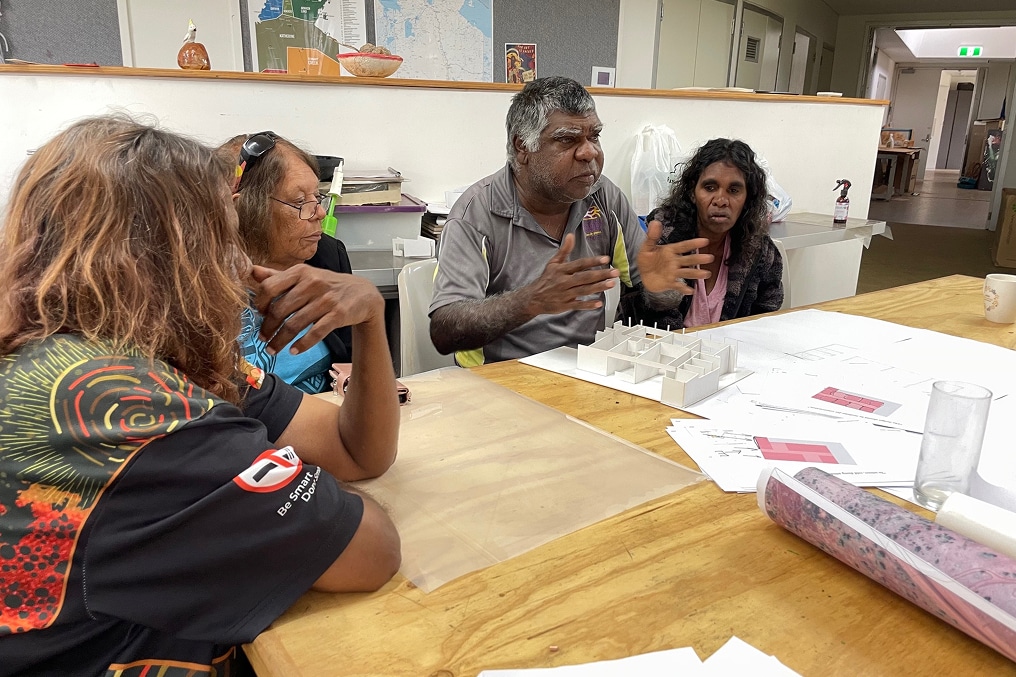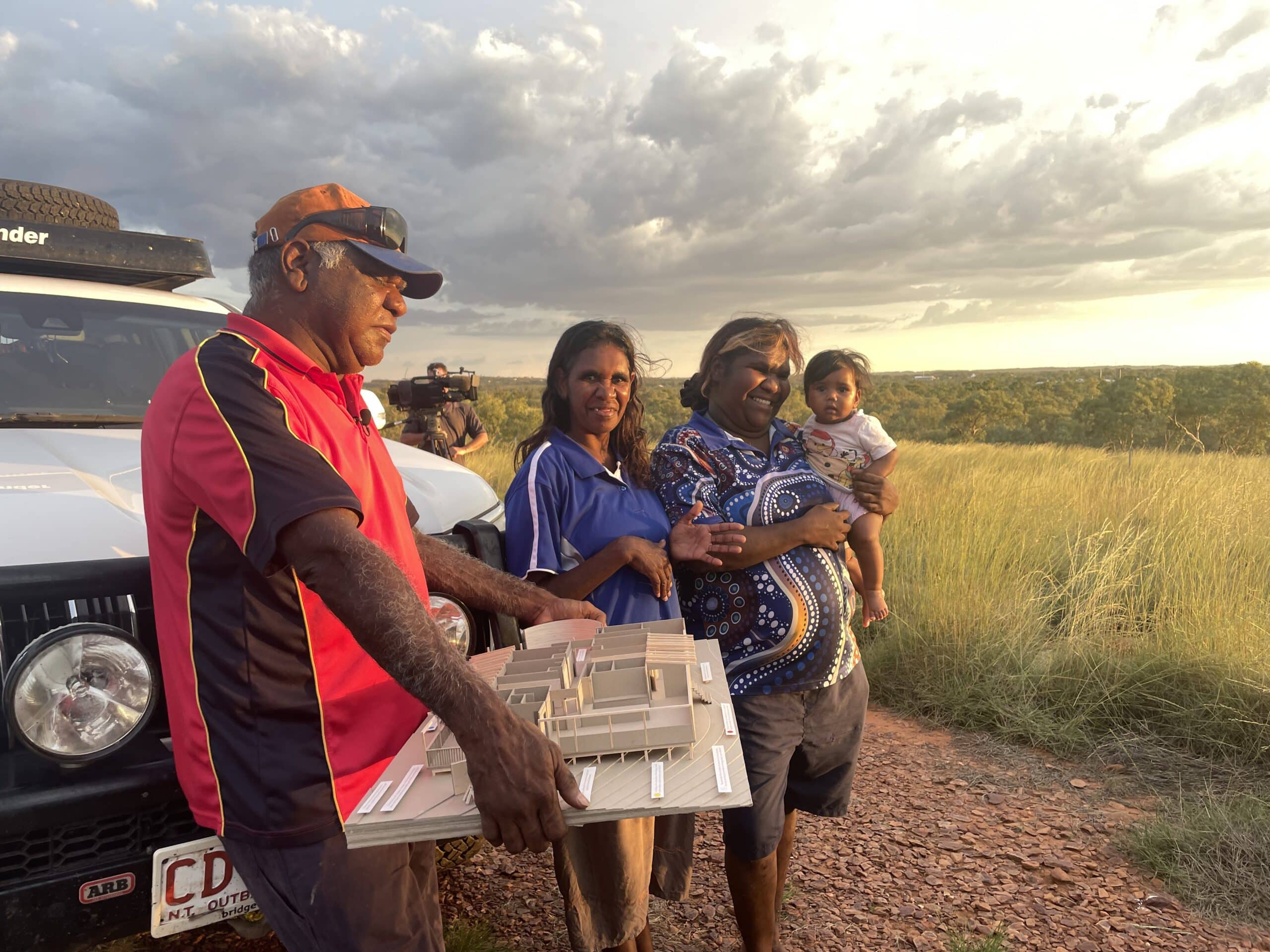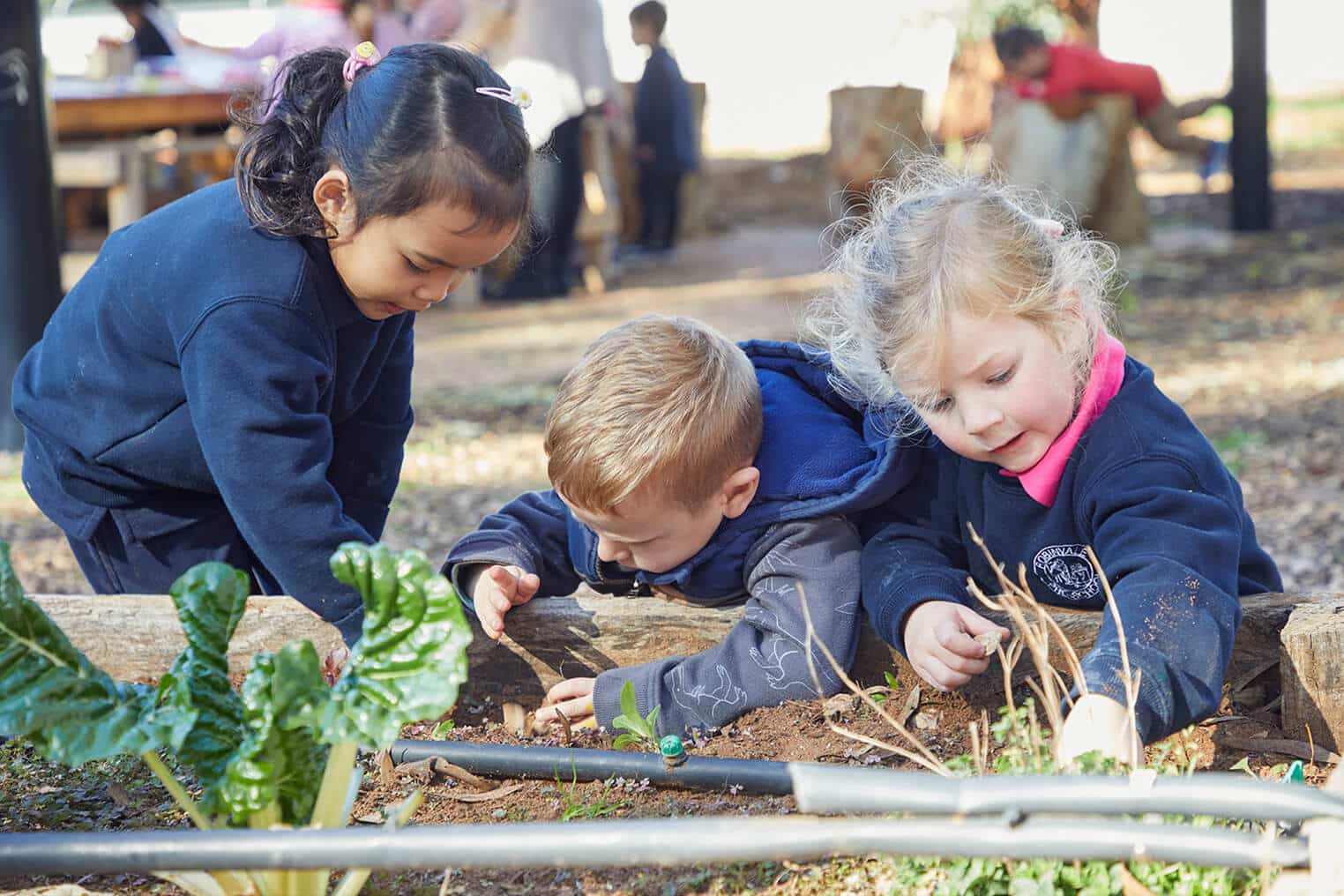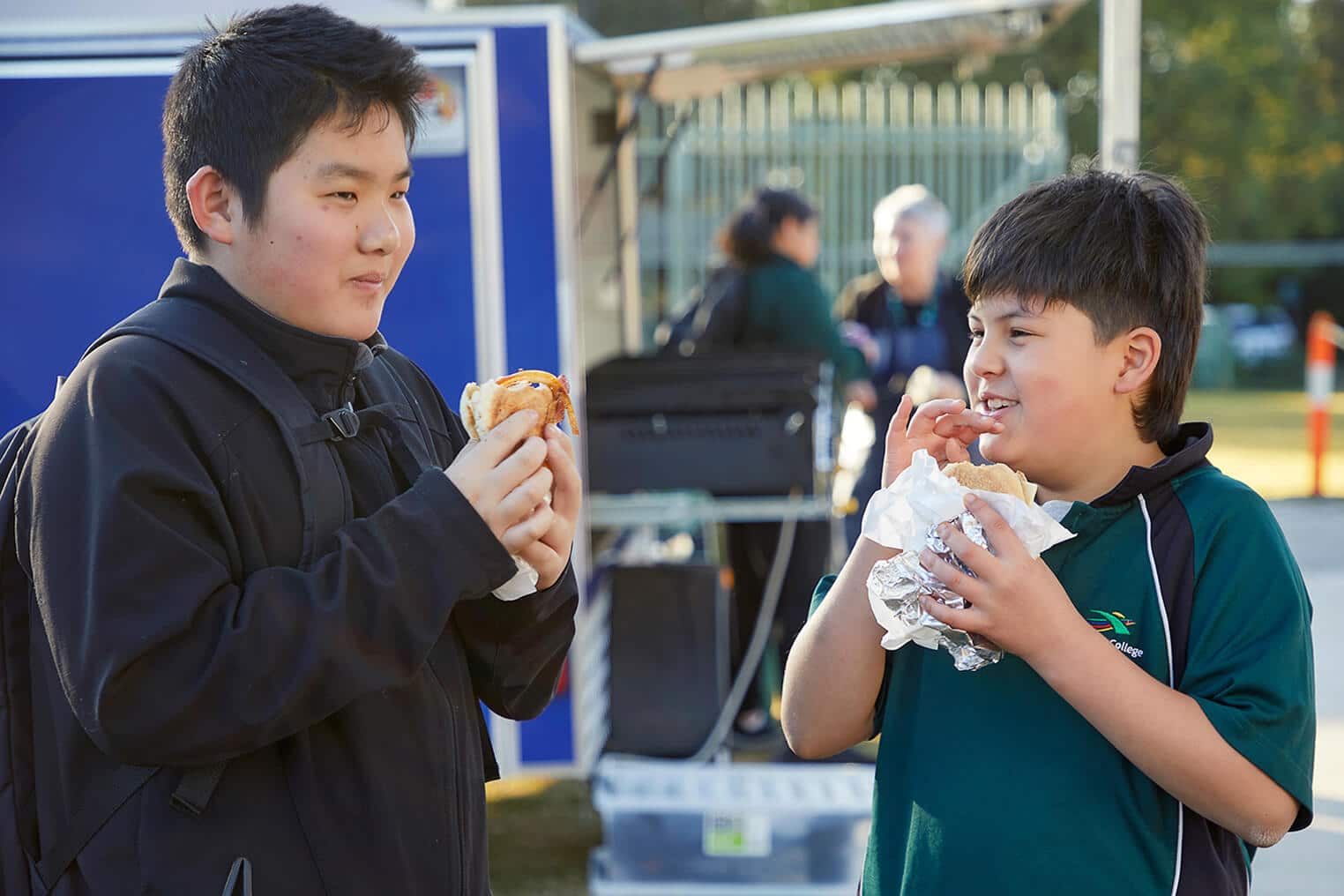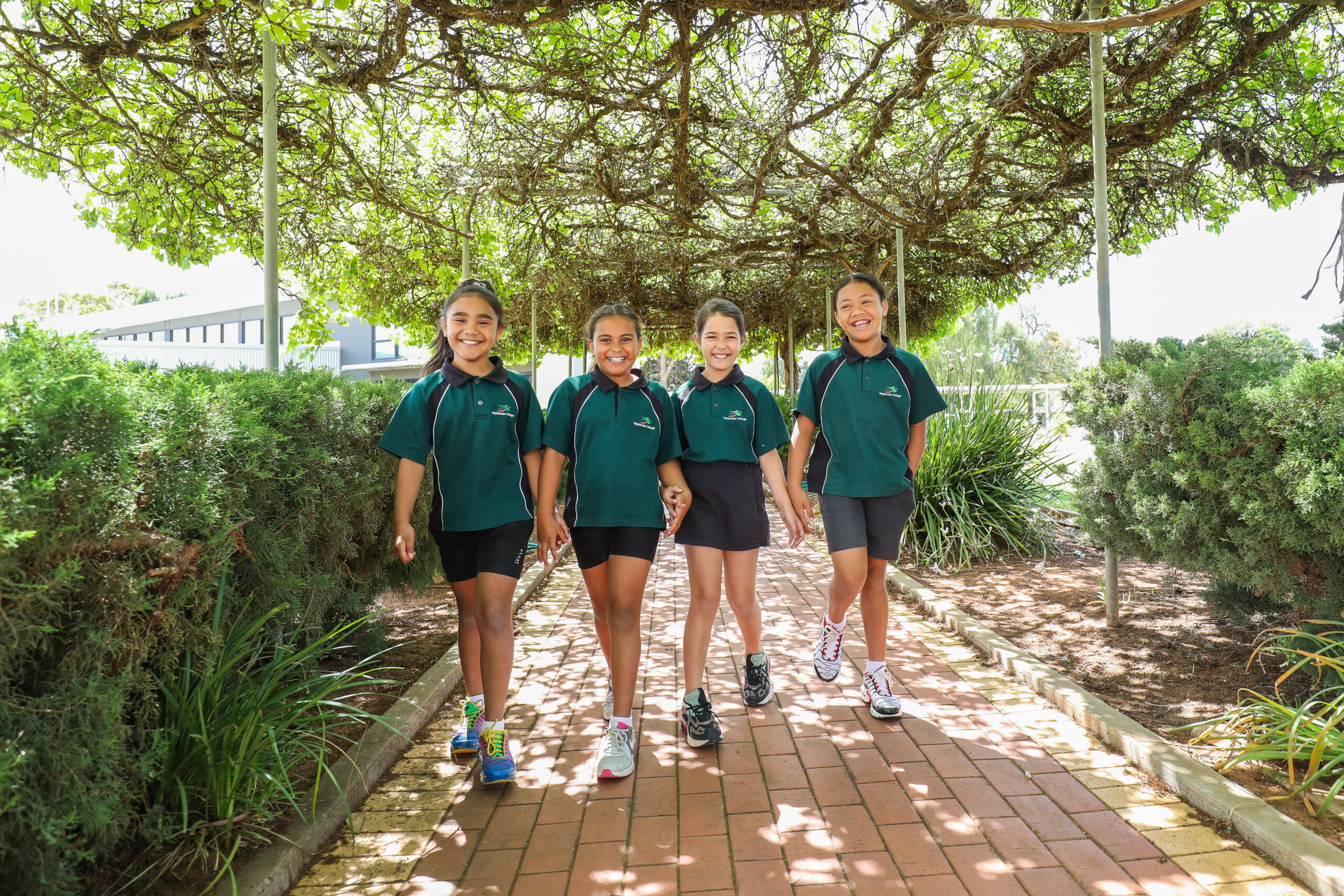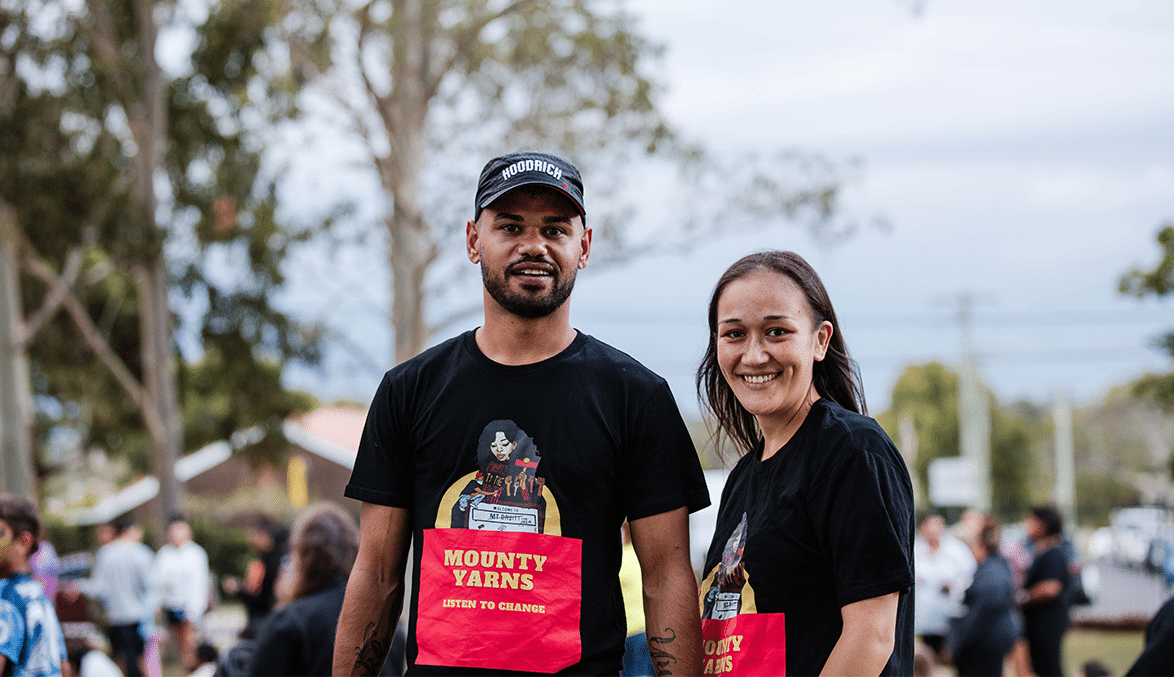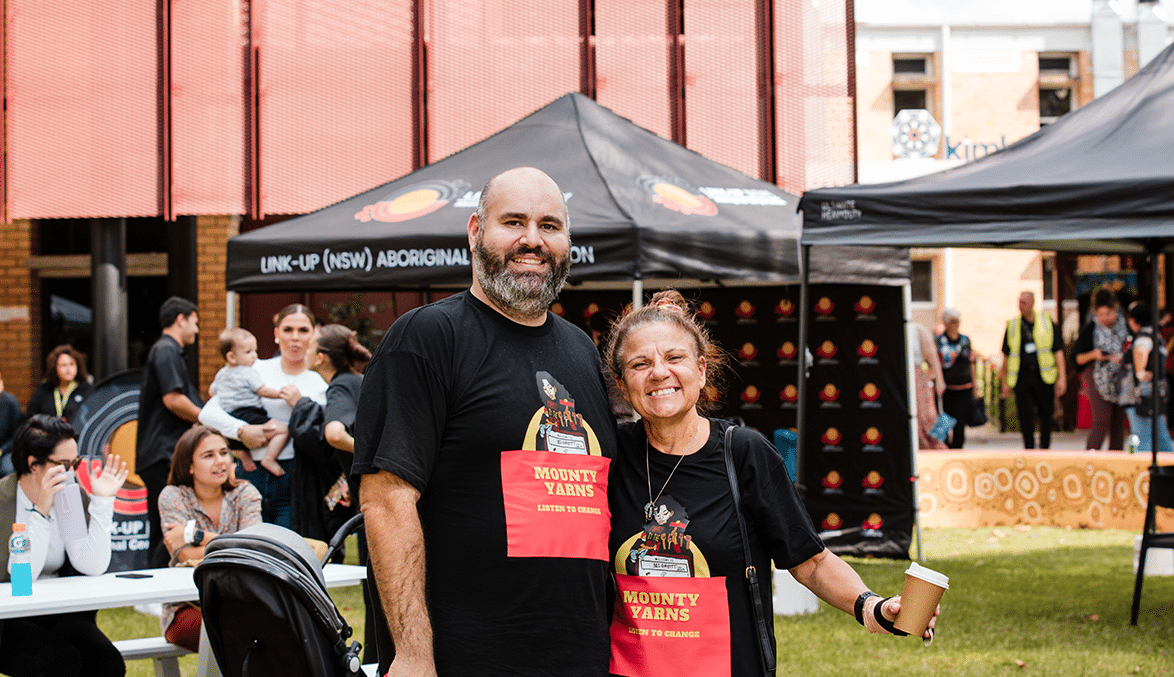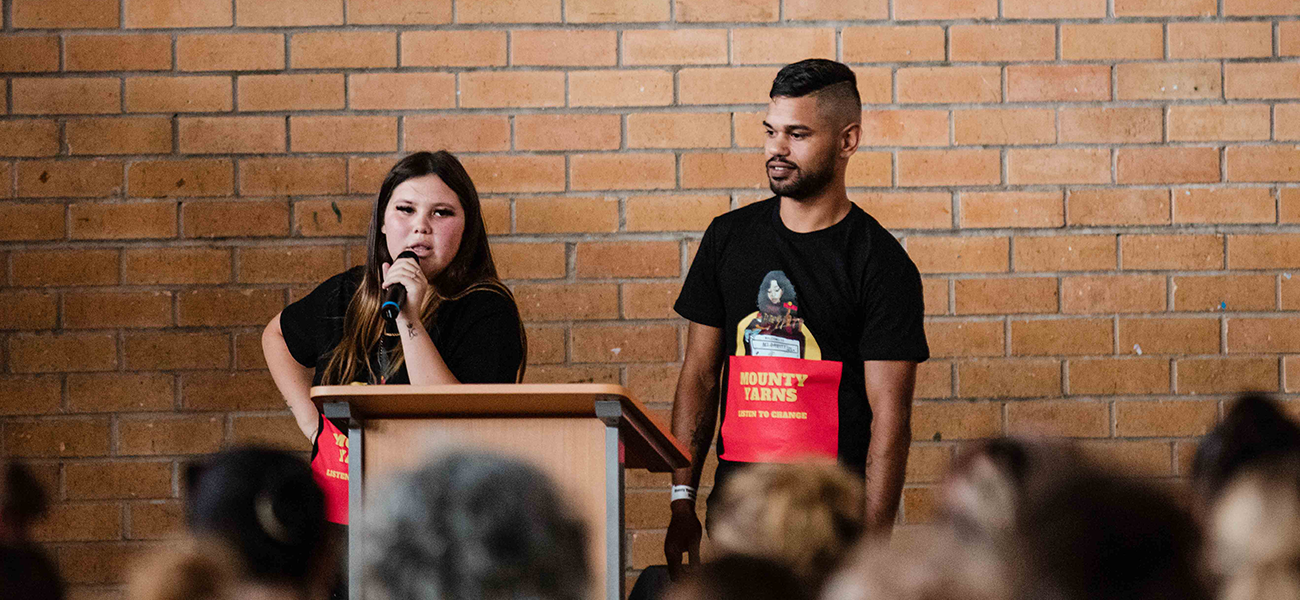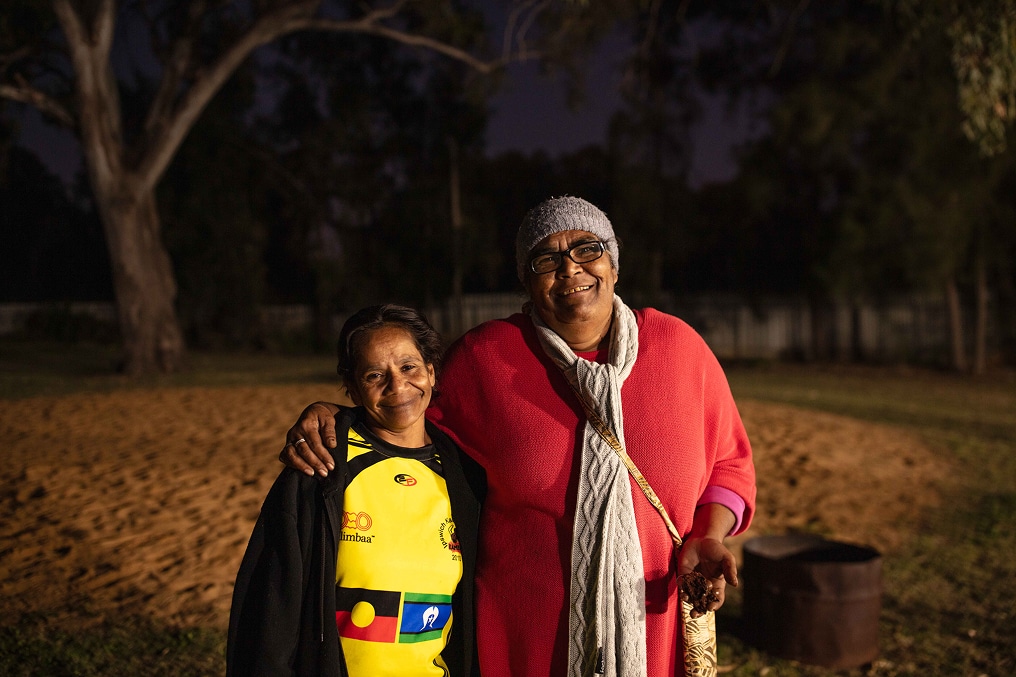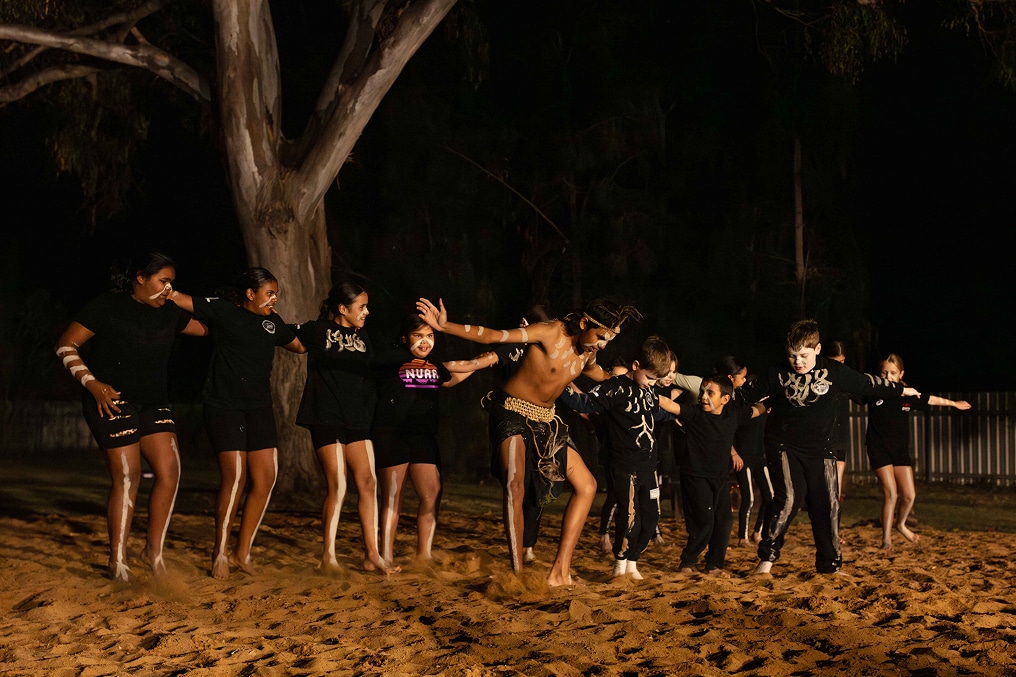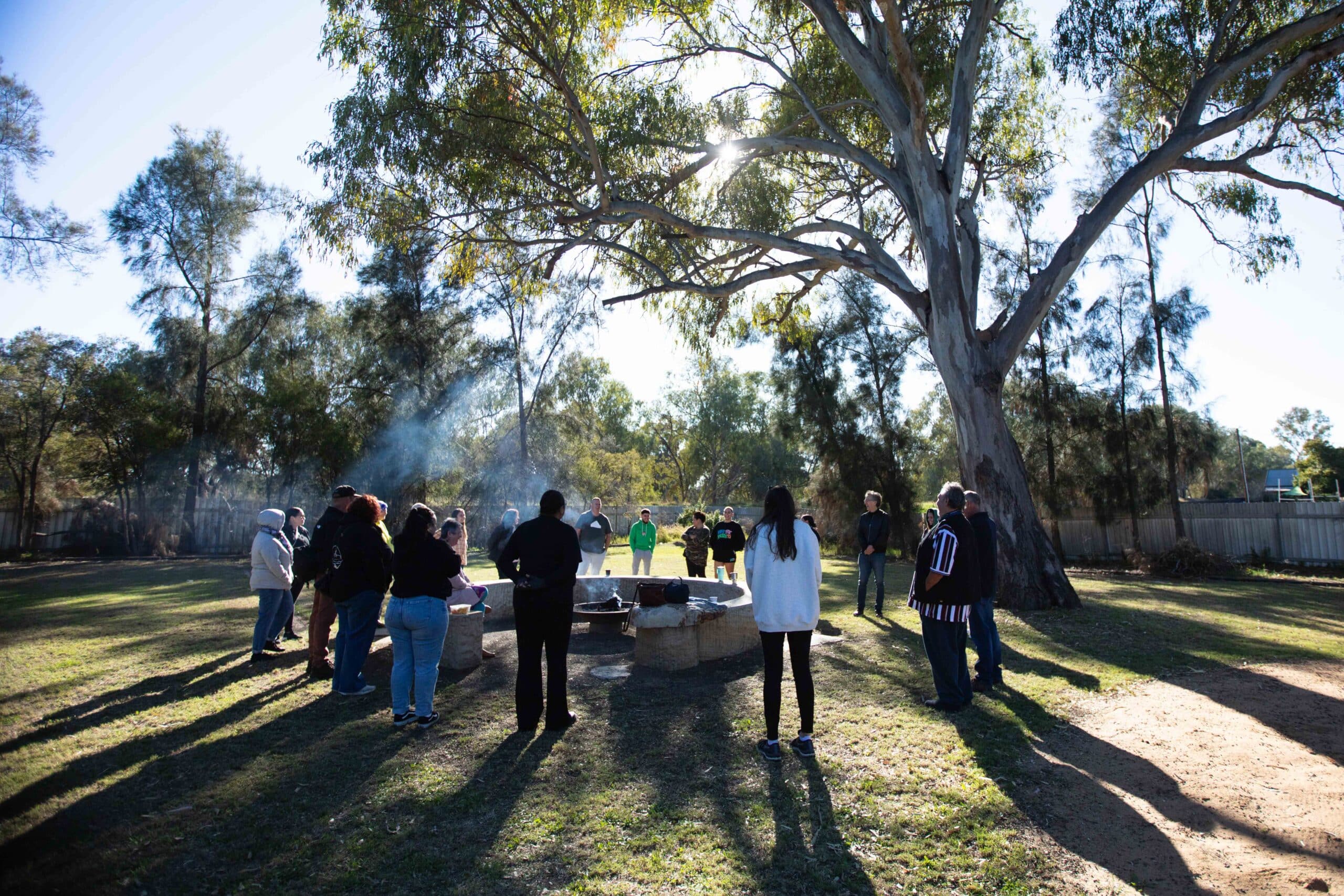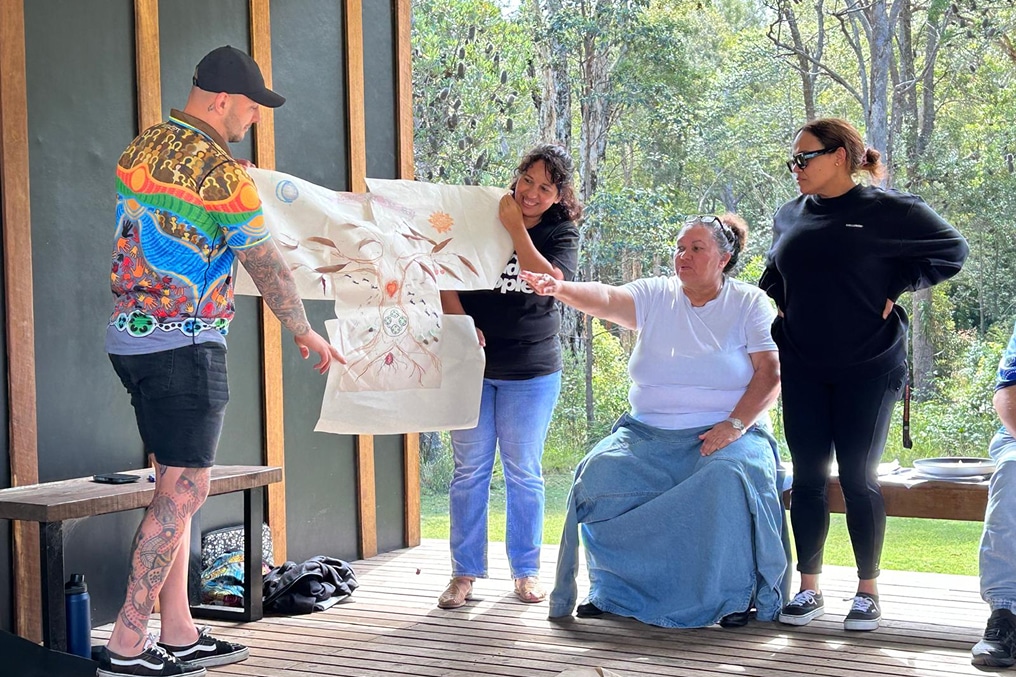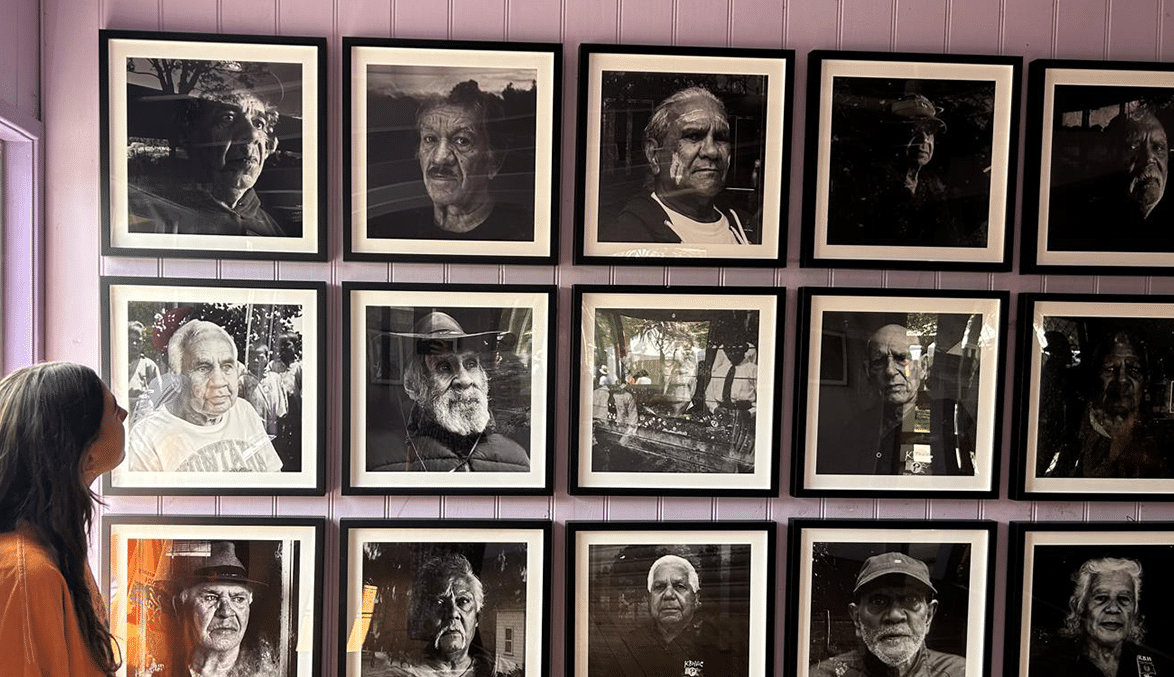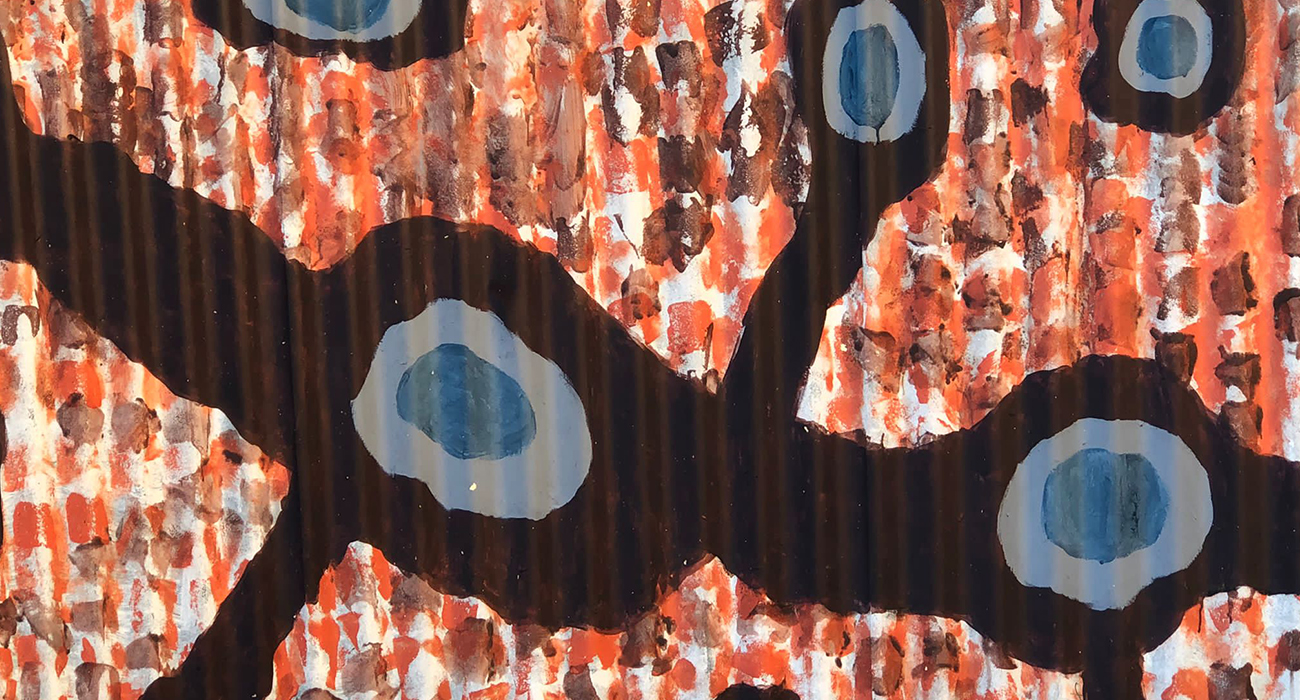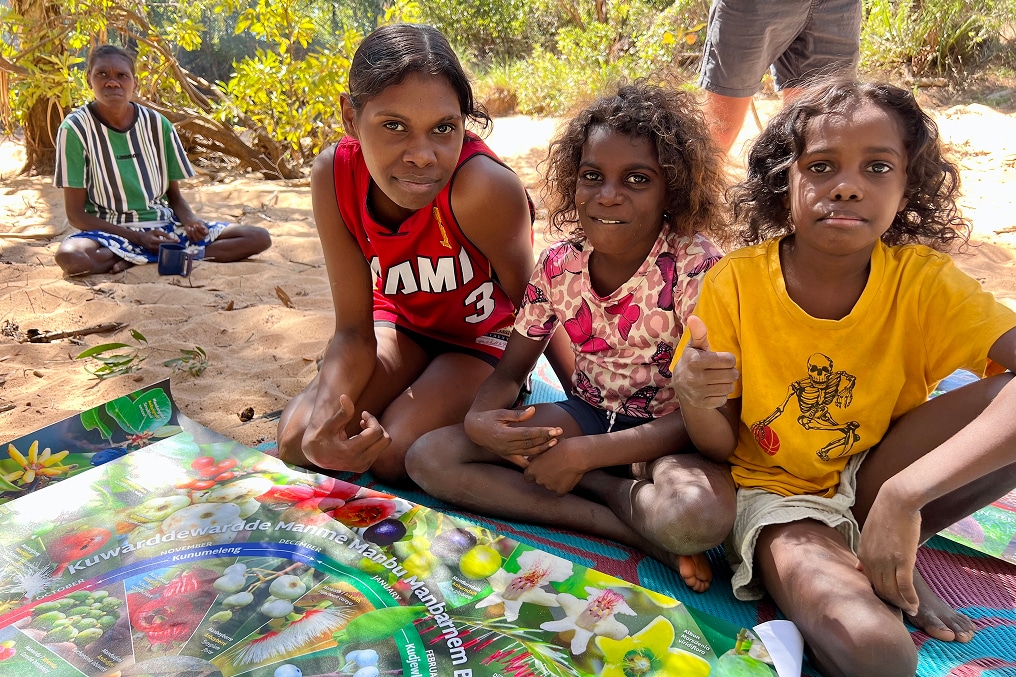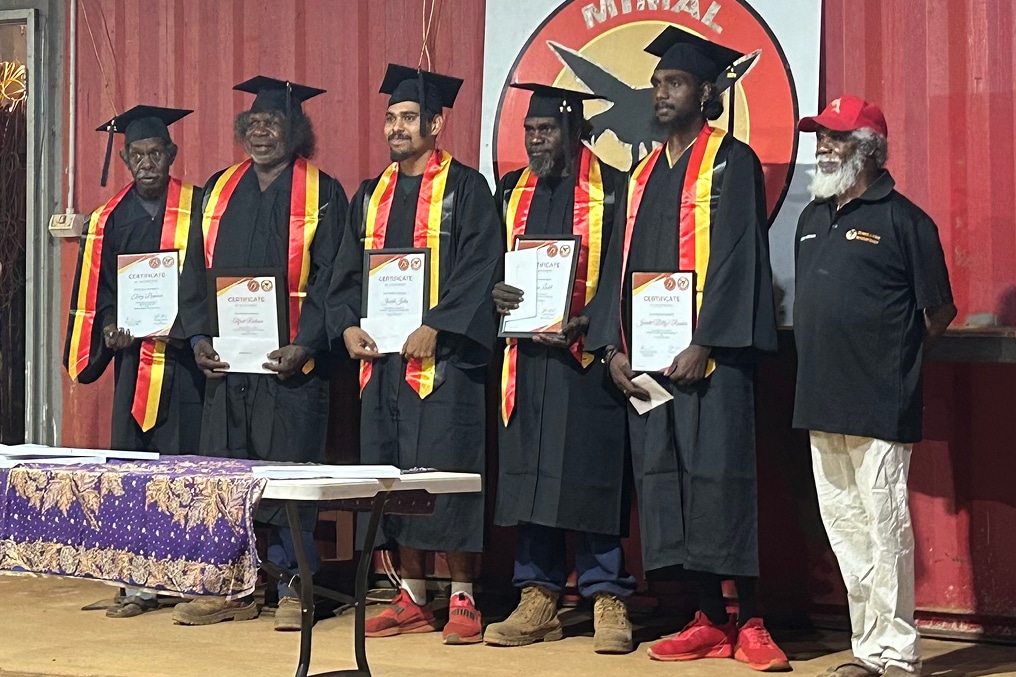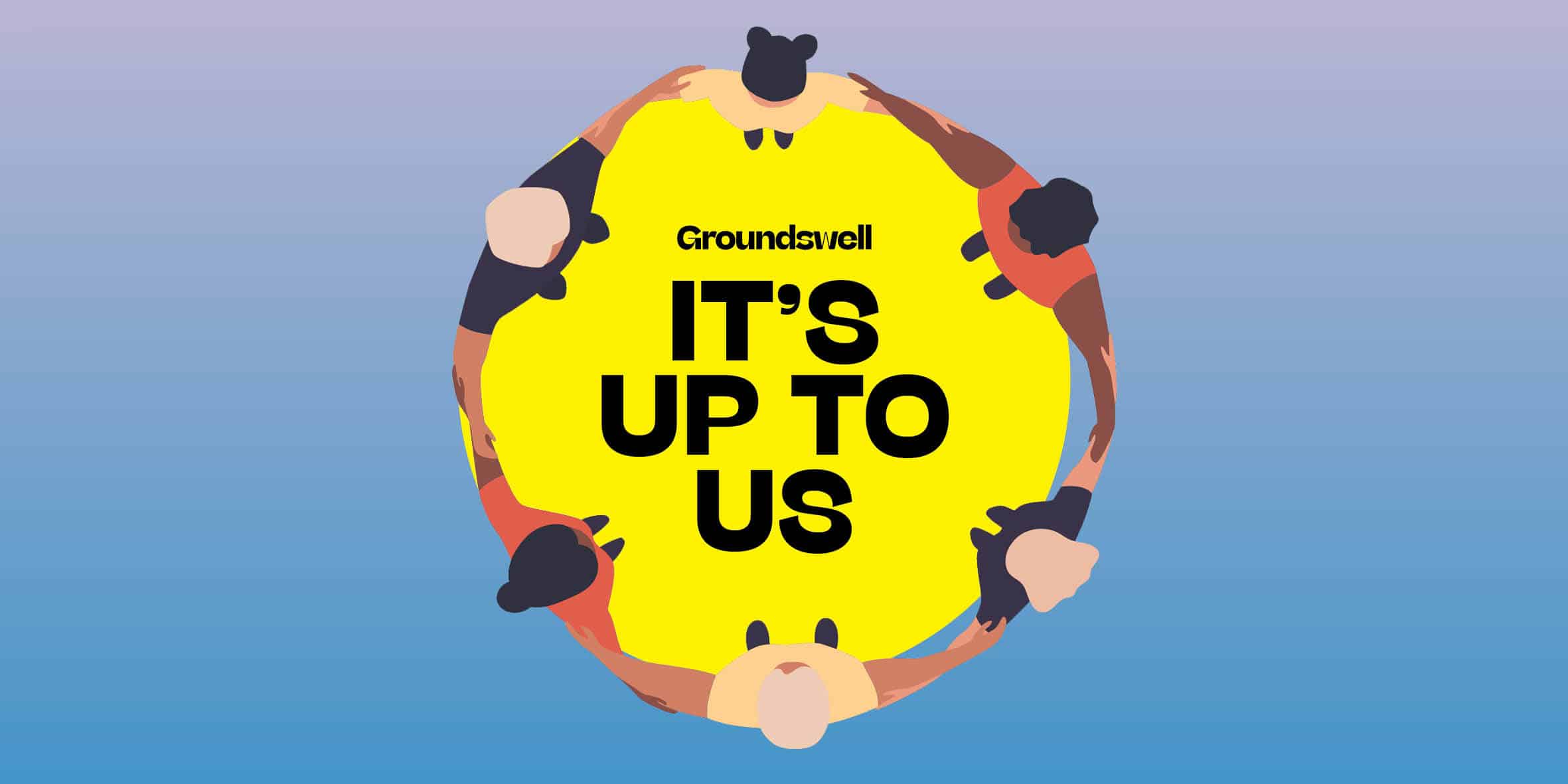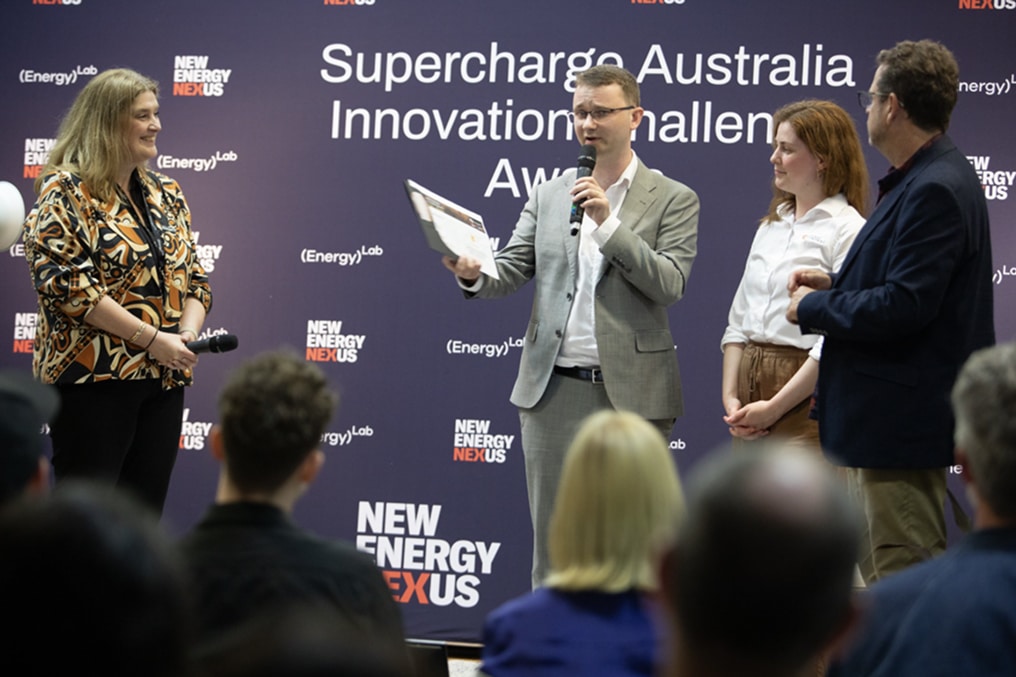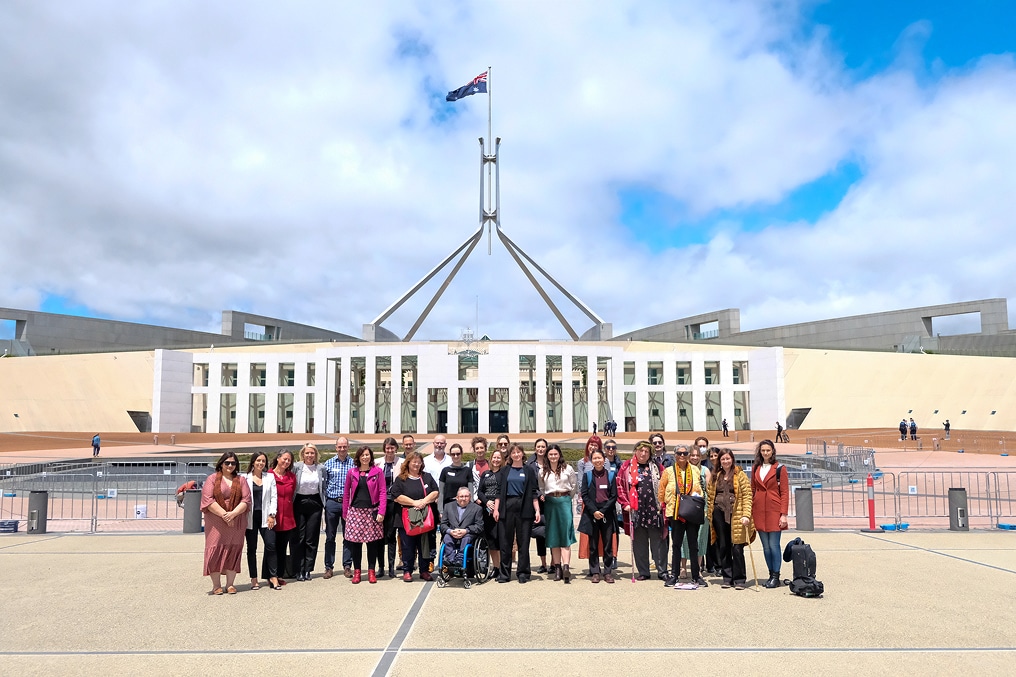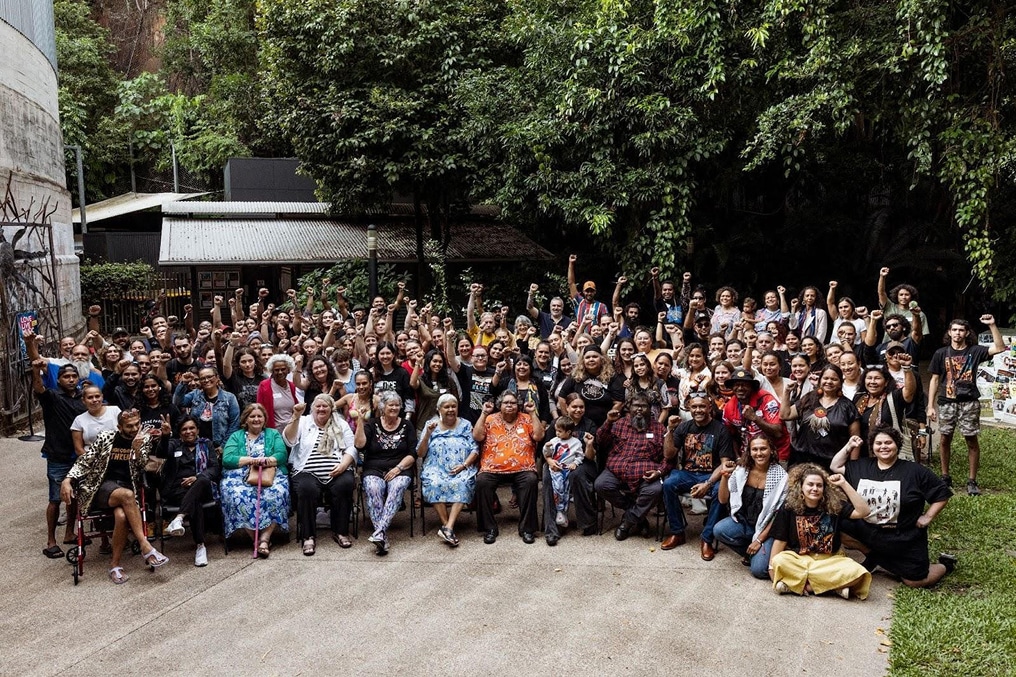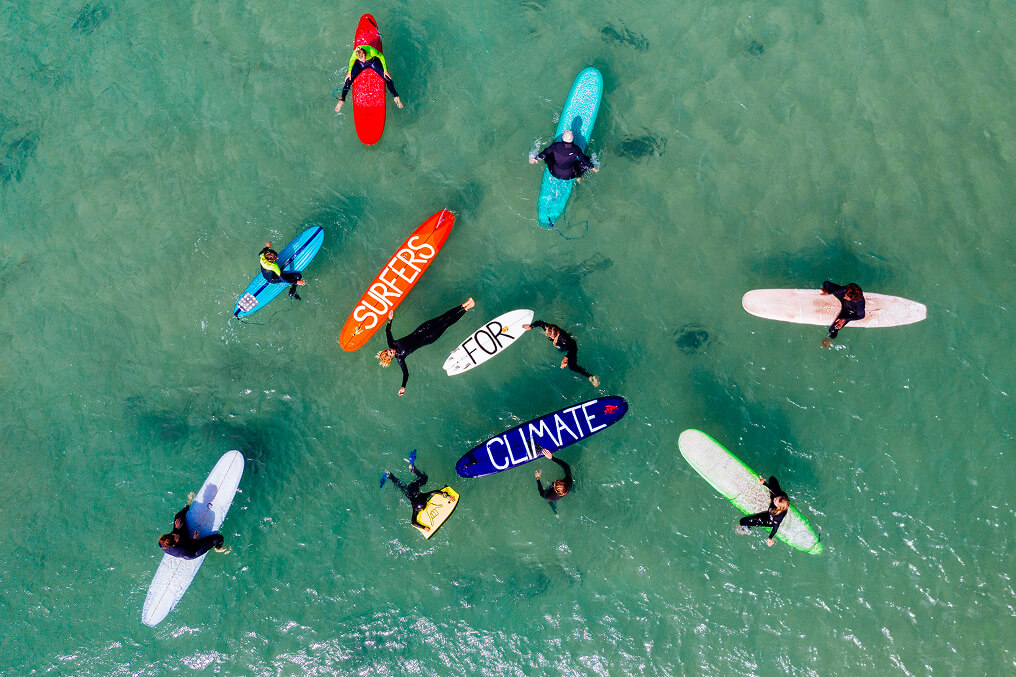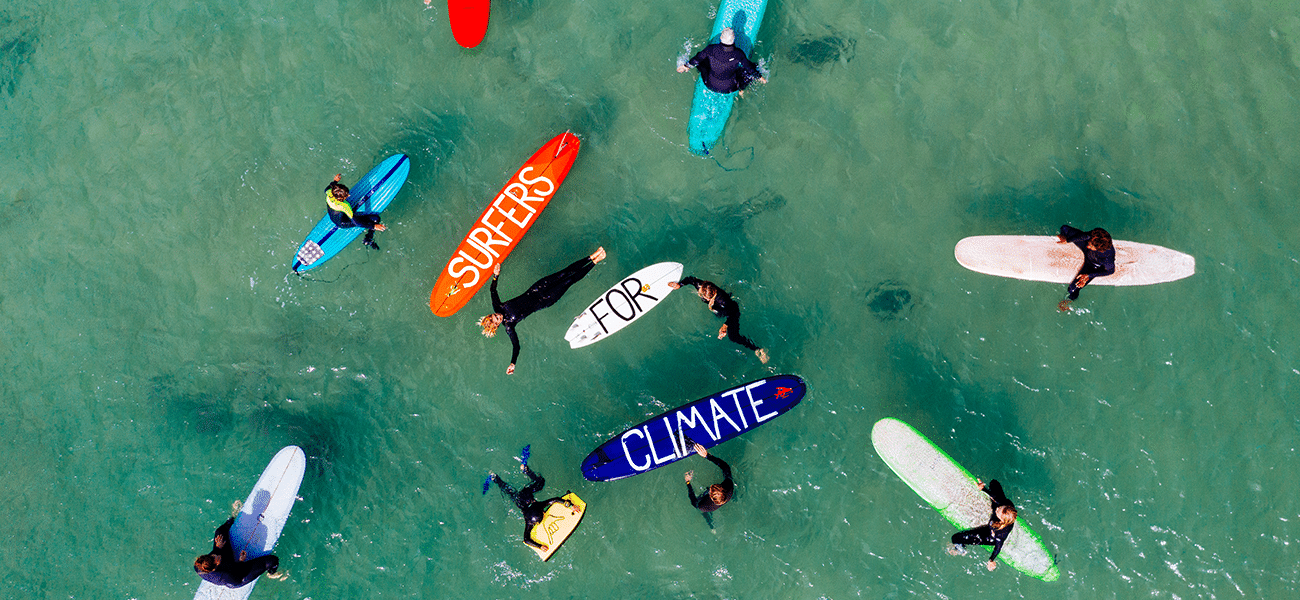For thousands of years, Nawarddeken clan groups have lived on and cared for their ancestral estates in the stone country, the Kuwarddewardde, of Arnhem Land, NT. After the arrival of balanda (non- Indigenous people) Nawarddeken left their land until, by the late 1960s, it was largely depopulated. Over the next 30 years, the Kuwarddewardde experienced growing numbers of feral animals and large wildfires, which threatened biodiversity and cultural sites.
From the 1970s well-known artist Bardayal ‘Lofty’ Nadjamerrek AO, began a movement back to homeland communities in the Kuwarddewardde.
The Warddeken Land Management group (established 2007), governed by representatives drawn from 36 clan groups of the Kuwarddewardde, is now responsible for the governance and strategic direction of these communities. Warddeken’s goal is to sustain long-term self-determination of Nawarddeken to live, work and learn on country, while managing their land and practicing culture.
Kabulwarnamyo outstation is now the headquarters for the Warddeken Rangers, an Indigenous ranger team managing 1.4 million hectares of country of global conservation and cultural significance.
With the help of the Karrkad-Kanjdji Trust, the community of Kabulwarnamyo established the Nawarddeken Academy, a unique bi-cultural, bi-curriculum school where specific curriculum is developed in partnership with community Elders and taught in tandem with the Australian Curriculum. The school enables Indigenous ranger jobs to be created and retained because children are able to be educated at home, on country.
The arrival of COVID-19 in Australia posed a serious risk for remote communities in West Arnhem Land where there are existing high rates of chronic disease. There are also risks to the cohort of elders who are the holders of vast amounts of cultural and environmental knowledge and are often the glue that holds these communities together. Getting the right health messaging out was paramount. Warddeken was able to temporarily redeploy the skills of a linguist (employed using Karrkad Kanjdji Trust funding to coordinate Warddeken’s rock art project) to create COVID-19 health messages in the local language. These messages were also made available on the Northern Territory government COVID-19 website.
Within a short period of time, all West Arnhem communities became closed to all non-essential travel. Visitor permits were revoked by the Northern Land Council only approved essential workers were allowed to travel to and between the remote communities and/ or homelands for which they are approved and had obtained a permit. Within the Warddeken Indigenous Protected Area, rangers hold regular meetings to monitor any departures or arrivals to the region.
The Kabulwarnamyo community relies on food delivered by plane every month. At the commencement of the closures, all freight was being halted. It was therefore unclear whether or not food delivery would continue to be feasible and possible. As a first response, the Nawarddeken Academy team organised a large shipment of dry food that could sustain the community for a least one extra month should it be required.
Once closures of communities were announced numerous community members faced being stranded in Darwin and nearby towns. The Nawarddeken Academy team organised a charter flight to get these members home with hours to spare.
Since the closure, the team has been liaising with the Gunbalanya Emergency Response Group to enable permits for additional community members to return on medical grounds.
With the creating of the biosecurity zone, West Arnhem land has remained COVID-19 free. Unlike most of the country, learning at Kabulwarnamyo’s famous bicultural school, Nawarddken Academy has been able to continue uninterrupted as has the work of the Warddeken Rangers responsible for their world-class fire and land management practices.
Their practices were highlighted internationally in the wake of the devastating fires at the beginning of 2020 in this New York Times article entitled Reducing Fire, and cutting Carbon Emissions, the Aboriginal Way.
![]()
We are very lucky in the north to be able to keep our traditional practices. There’s a pride in going back to country, managing it, and making a difference.
Dean Yibarbuk
![]()
If you didn’t get a chance to watch the Bushfires special on Q&A – here it is. It was encouraging to see Victor Steffensen explaining the difference between current practices and Indigenous fire practices and why we need to learn to care for country from our First Nations People in the driver’s seat.
Image: Kabulwarnamyo, West Arnhem Land from the air by Sally Tsoutas
